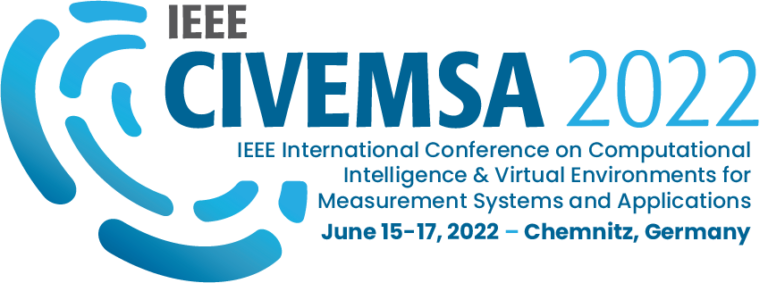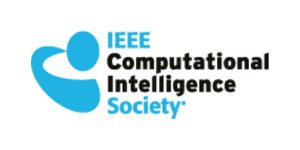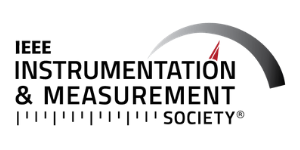SPECIAL SESSION PAPER SUBMISSION
Authors are invited to submit a Full Paper (4-6 pages) reporting original research of theoretical or applied nature using the online submission system, EDAS. Shorter submissions will be automatically rejected. The initial submission should summarize the scope of the final paper and explicitly include the primary results and findings, emphasizing new advances, theories and/or applications so that the program committee will be able to understand the originality and the value of the work.
A submission implies willingness to register and present the work if the paper is accepted for presentation at the conference.
Manuscripts will be reviewed by the Technical Program Committee. Authors of accepted full papers must submit the final paper version according to the deadline, register for the workshop, and attend to present their papers. The maximum length for final papers is 6 pages without exceptions.
**CIVEMSA 2022 will be held in-person in Chemnitz, Germany, however, if there are instances of Force Majeure (especially due to the COVID-19 pandemic) which limits you to travel, there will be the possibility for a virtual presentation.
For your convenience, the IEEE Style Guide and Conference Paper Templates in various formats are available here. *The maximum length for final papers is 6 pages without exceptions.
**High-quality papers that are accepted and presented will be submitted for inclusion in the IEEE Xplore digital library and indexed by EI/Compendex.
Please visit the author submission page for full instructions on how to submit.
Special Session Paper Submission is Now Closed
Session 1 - Hybrid societies: Humans interacting with embodied technologies
Session Organizers:
- Professor Dr. Georg Jahn
Institut für Psychologie
Technische Universität Chemnitz, Germany - Professor Ulrike Thomas
Professorship of Robotics and Human-Machine Interaction
Technische Universität Chemnitz, Germany
Session Abstract:
Digital technologies gain autonomy and meet humans in various physical forms, such as robots, drones, and other smart agents with virtual bodies. For efficient interaction in hybrid societies, human capabilities and technological possibilities must be matched in novel ways. To this end, social sciences, humanities, and engineering disciplines must join forces.
The special session is initiated by the CRC 1410 Hybrid Societies. The session aims to bring novel findings in this highly interdisciplinary field and to bring them to scientific discussion.
Session 2 - Methods, Tools and Systems and their Application for Telemanipulation
Session Organizers:
- Professor Ulrike Thomas
Professorship of Robotics and Human-Machine Interaction
Technische Universität Chemnitz, Germany
Session Abstract:
Recently many advances can be observed in the field of telemanipulation. The session focuses on several aspects of telemanipulation including relevant methods, tools, and systems. The session aims to discuss novel findings in this field and to bring them to scientific discussion.
Session 3 - Body attached wireless sensor network
Session Organizers:
- Dr.-Ing. Rim Barioul
Professorship of Measurements and Sensor Technology
Technische Universität Chemnitz, Germany - Prof. Olfa Kanoun
Professorship of Measurements and Sensor Technology
Technische Universität Chemnitz, Germany
Session Abstract:
The need for high-performance medical care while reducing healthcare costs and improving medical amenities is increasingly required. One promising solution for ambient assisted living and technical assistance for persons, in general, is the integration of Body attached wireless sensors networks in the healthcare system, which allows users to get assistance and monitoring in real-time.
Session 4 - Technological innovations in neuroscience: A special focus on neurosurgery
Session Organizers:
-
Ismail Zaed, MD
Department of Neurosurgery
Humanitas Research Hospital, Rozzano, Italy
Session Abstract:
Within the different medical specialties, neurosurgery is one of those that have been most affected by recent technological advancements. In this session, we would like to discuss how these technologies have changed clinical practice. In particular, there will be a focus on the use of machine learning in diagnostic and operative algorithms and the use of robotics in the spine and functional surgery.





